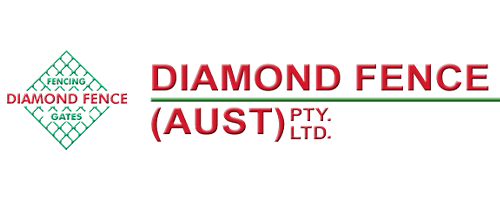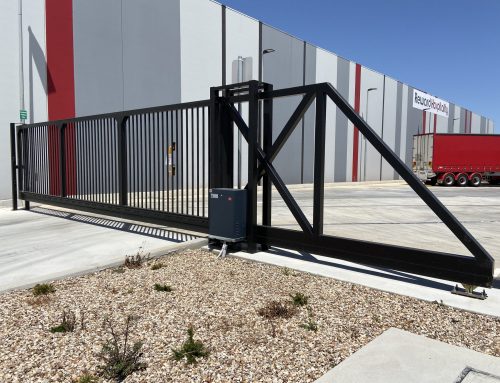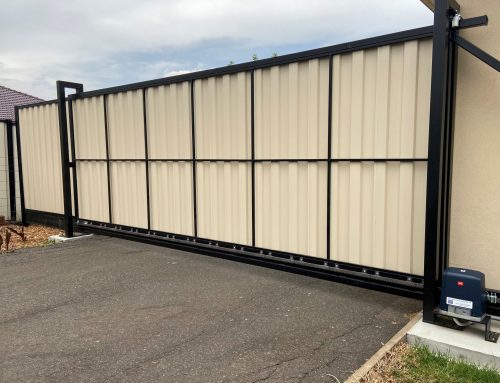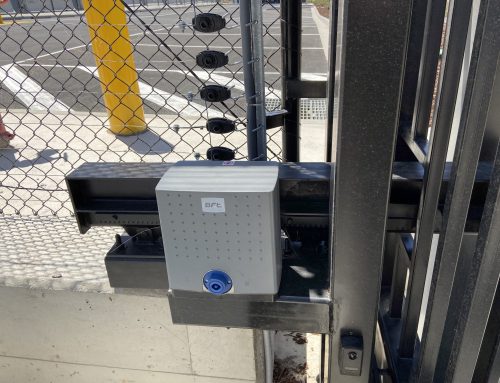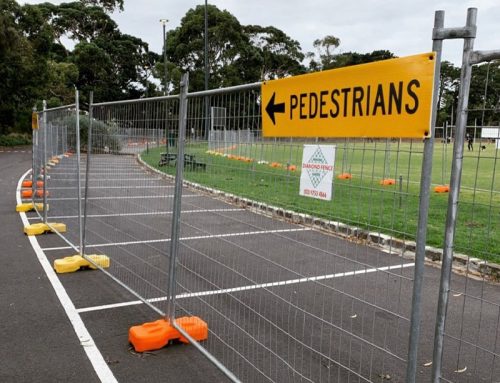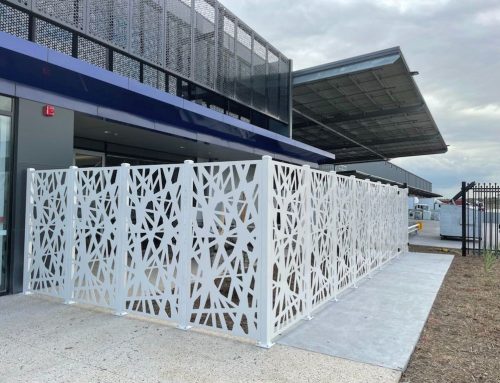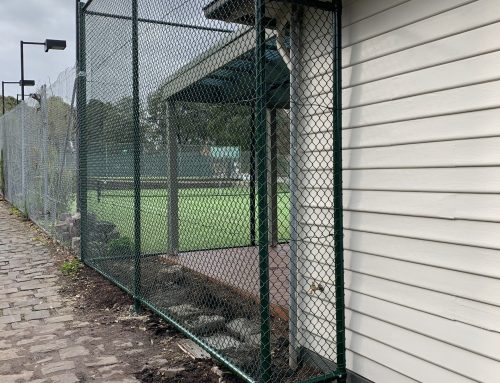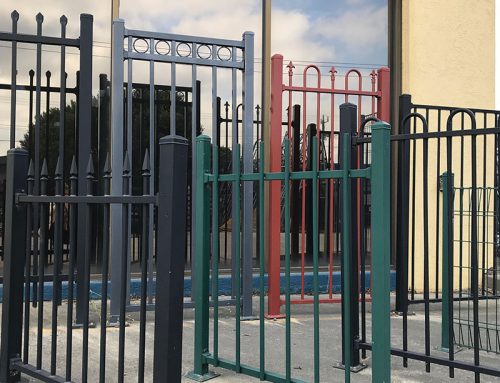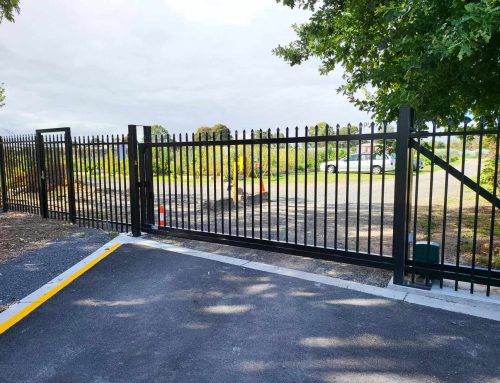What Is Galvanic Corrosion?
Today’s focus will be on galvanic corrosion and metal fencing. What’s the deal? What’s the relationship? Let’s find out how galvanic corrosion affects metal fencing.
However, before we do that, let’s find out what galvanic corrosion is in the first place.
Galvanic corrosion is also known as bimetallic corrosion. Bimetallic means being composed of two different metals. So the galvanic corrosion, or bimetallic corrosion, is an electrochemical process when one metal corrodes in preference to another in the presence of an electrolyte.
What does it mean exactly?
When two dissimilar metals are electrically connected (also immersed in a conductive solution), one metal, called the cathode, is protected while the other metal that is called anode corrodes.
Therefore, from the above, for galvanic corrosion to take place, you need to have three factors to be present:
- Materials that are electrochemically dissimilar
- Two metals have to be in contact
- The same conduction solution, such as water, has to be present and two metals exposed to it.
How can you prevent galvanic corrosion? Firstly, by choosing materials that have a similar corrosion potential.
Below is the galvanic series list for metals. The order is from the most anodic to the most cathodic. Studying the picture, you need to look that the distance between the metals. Meaning the further apart metals are on the list, the faster the corrosion will take place. Additionally, the rate of corrosion is also affected by the conductive solution that both of the metals are exposed to.
Picture Source: https://steelfabservices.com.au/a-guide-to-galvanic-corrosion-how-to-treat-it/
Another way of making sure that galvanic corrosion is prevented is by insulating two metals from each other as that will break the electrical connection between them. Additionally, and important for metal fencing when it comes to galvanic corrosion, is coating the materials. The most important is coating the anode as it is the one that corrodes the first.
Okay! What does it all mean for metal fencing?
To protect your metal fencing from corrosion, it needs a protective coating that will act as an anode and corrode preferably to the fence. This is where the galvanizing process comes into play. During galvanizing, a think layer of zinc is added on top of your metal fence that will act as an anode, therefore, slowing down the corrosion rate.
Hence, we cannot stress enough about using galvanized fencing materials. You also need to know that when the zinc coating that has been added during galvanizing will get scratched deep enough, your metal fence will be exposed to a faster corrosion rate. Therefore, if you know, for example, that your metal fence has a high risk of getting scratched (sports fencing), then you should consider applying powder coating as extra protection. It also acts as a protective coating against corrosion on your metal fence. Or if you want to install a chain link fence, then you may consider installing a PVC coated chain link instead.
We hope that the above has been informative!
If you are looking for someone to give you a piece of advice on what metal fence should you install or if you already have one in mind and need someone to deliver the high-quality fencing services, turn to Diamond Fence!
Call us on (03) 9753 4566, shoot us an email on info@diamondfence.com.au or just get a FREE online quote.
